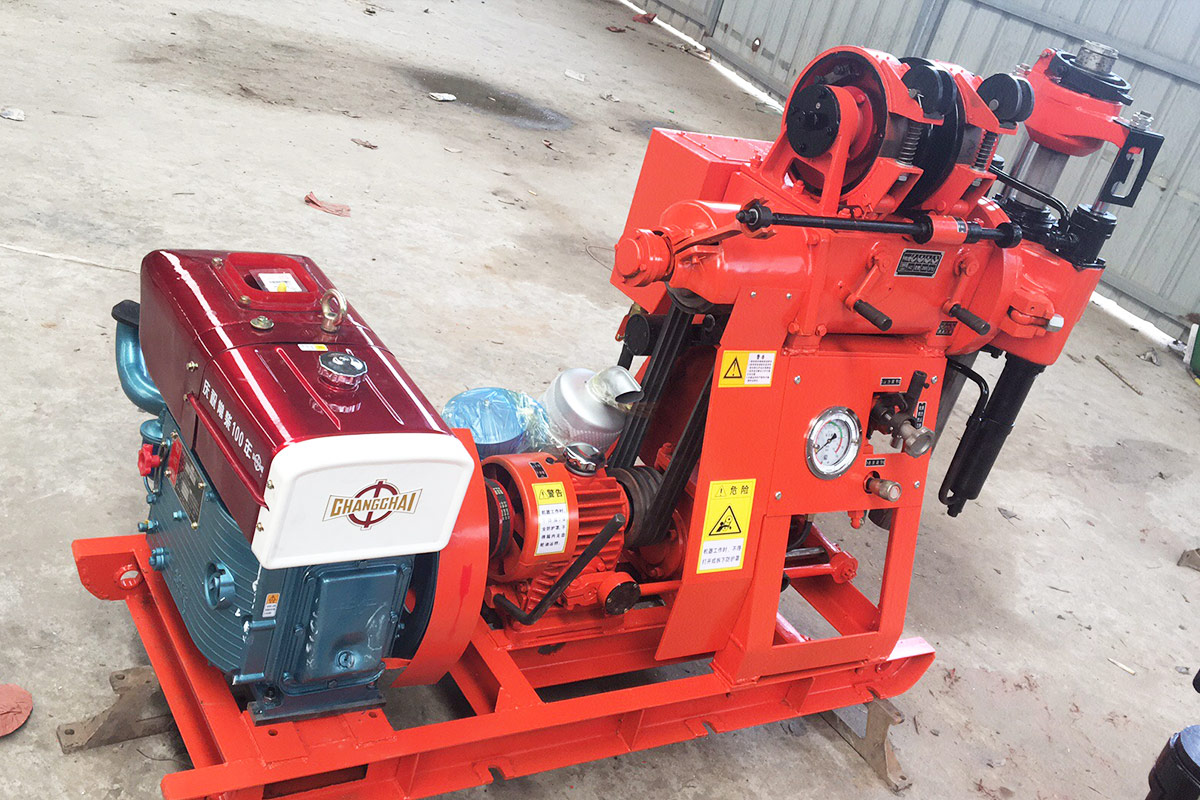
1. Hard Rock Formations
Core drilling rigs are particularly effective in hard rock formations, such as granite, basalt, and limestone. Their robust design and powerful
drilling capabilities allow them to penetrate tough materials, making them ideal for mineral exploration and mining projects.
2. Soft and Loose Soils
While core drilling rigs are well-suited for hard rocks, they can also operate efficiently in soft and loose soil conditions. In these environments,
they can provide critical samples that help assess soil stability and composition, which is essential for construction and civil engineering projects.
3. Geotechnical Investigations
Core drilling is widely used in geotechnical investigations, where understanding the subsurface conditions is vital for the design and construction
of foundations, retaining walls, and other structures. Core samples obtained help engineers evaluate soil strength and stability, ensuring safe and effective construction practices.
4. Environmental Sampling
Core drilling rigs are crucial for environmental assessments, as they can retrieve samples from various depths to analyze soil and groundwater
contamination. This information is invaluable for remediation projects and environmental monitoring.
5. Hydrological Studies
In hydrology, core drilling is used to investigate aquifers and groundwater levels. By extracting core samples, researchers can gain insights into
water-bearing formations and their characteristics, which is essential for water resource management.
6. Mining Exploration
Core drilling is a standard method for mineral exploration, as it allows for the collection of high-quality geological samples. This information
aids in assessing the potential for mineral deposits and guides mining operations.